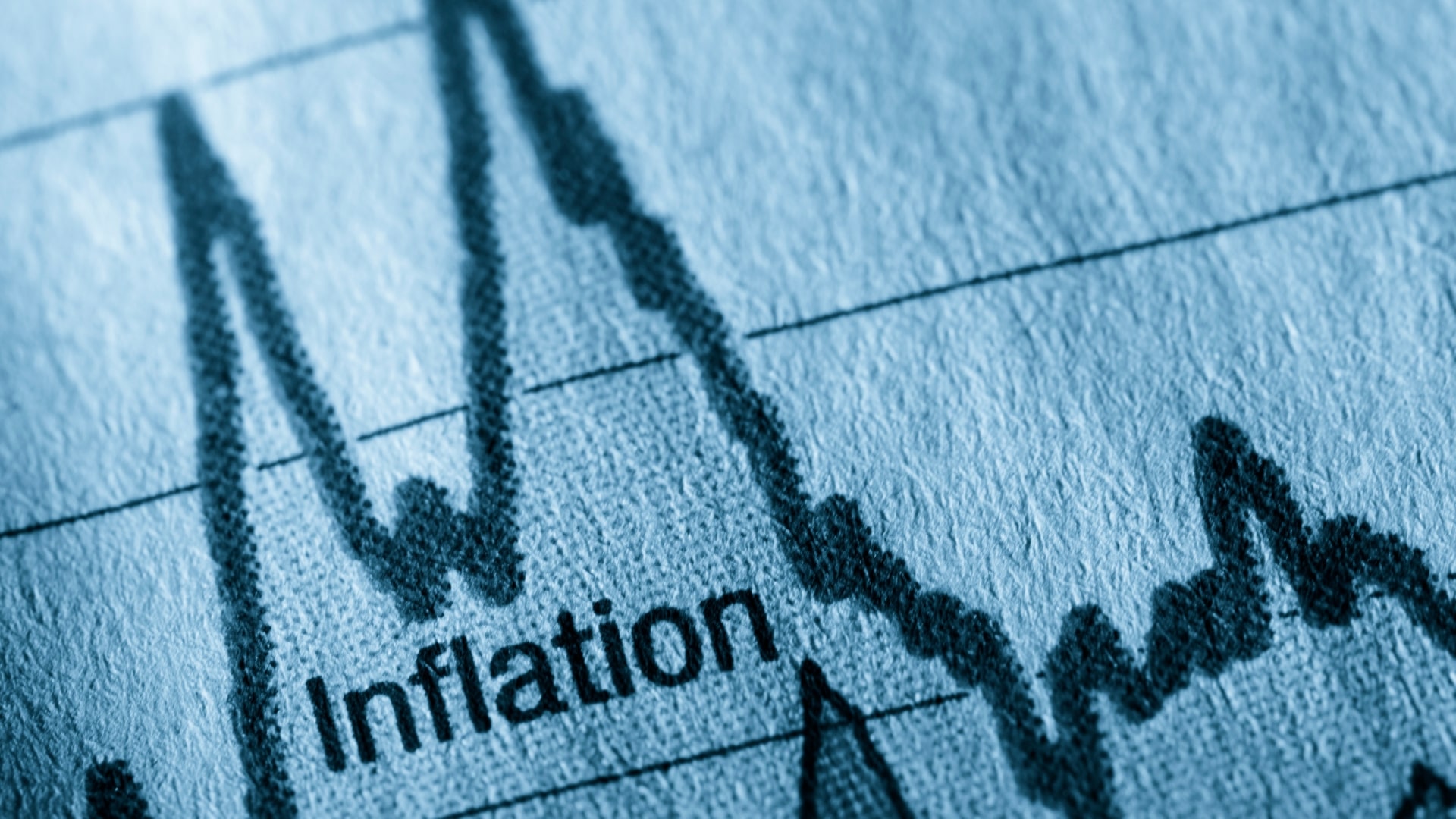
Inflation is one of the most discussed topics in economics, directly impacting our daily lives. From groceries to education, inflation shapes how we spend, save, and invest. Here’s an in-depth guide to inflation and what you need to know to stay ahead of its effects.
Table of Contents
- What is Inflation?
- How Does Inflation Work?
- Types of Inflation
- How is Inflation Measured?
- Why Does Inflation Occur?
- Effects of Inflation
- Inflation in Finance and Investments
- Emerging Inflation Trends in 2024
- How to Protect Yourself from Inflation?
- Inflation in Everyday Life
- The Role of Blockchain in Tackling Inflation
What is Inflation?
Inflation refers to the sustained rise in the prices of goods and services over time, reducing the purchasing power of money. Simply put, as inflation increases, the same amount of money buys fewer items than before.
Example: If a ₹100 grocery bag in 2020 costs ₹120 in 2024, the inflation rate is 20%.
How Does Inflation Work?
Inflation occurs due to an imbalance between supply and demand or other economic factors.
Key Mechanisms Behind Inflation:
- Money Supply Growth: When central banks print more money, its value decreases, causing prices to rise.
- Demand Outpacing Supply: Increased demand for goods and services pushes prices upward.
- Cost of Production: Higher raw material, labor, or energy costs are passed on to consumers.
Types of Inflation
- Demand-Pull Inflation:
When consumer demand for goods exceeds supply.- Example: Increased holiday travel demand raises airline ticket prices.
- Cost-Push Inflation:
When production costs rise due to expensive raw materials or wages.- Example: Rising oil prices increase transportation costs.
- Hyperinflation:
Extremely high inflation causing economic instability.- Example: Post-World War I Germany saw daily price increases.
- Stagflation:
Inflation combined with stagnant economic growth and high unemployment.
How is Inflation Measured?
Inflation is tracked using specific indices:
- Consumer Price Index (CPI): Measures changes in the cost of a standard basket of goods and services like food, rent, and healthcare.
- Wholesale Price Index (WPI): Monitors price changes at the producer or wholesale level.
- GDP Deflator: Broadly measures inflation across all goods and services within the economy.
India’s Inflation Trends: India primarily relies on CPI to assess inflation rates. For instance, in 2022, rising food and energy prices significantly contributed to CPI inflation.
Why Does Inflation Occur?
- Excessive Monetary Growth: Printing more money without corresponding economic growth.
- Global Disruptions: Events like the COVID-19 pandemic disrupted supply chains, causing inflation.
- Government Policies: Increased government spending or reduced interest rates can spur inflation.
Effects of Inflation
- Purchasing Power Decline: Rising prices reduce the value of money, affecting savings and wages.
- Investment Opportunities:
- Beneficial: Tangible assets like real estate, gold, and stocks often grow during inflation.
- Risky: Fixed-income instruments lose real value.
- Economic Behavior: Encourages spending in the short term to avoid future price hikes.
Example: People may buy homes during low-interest periods to beat future inflationary rises in property prices.
Inflation in Finance and Investments
- Impact on Savings: Savings in fixed deposits may underperform during high inflation periods.
- Hedge Against Inflation:
- Invest in real estate, commodities (gold, silver), or stocks.
- Consider inflation-protected securities like Treasury Inflation-Protected Securities (TIPS).
Emerging Inflation Trends in 2024
- Energy Prices: The global push for green energy could increase short-term costs.
- Digital Currency Impact: Cryptocurrencies and central bank digital currencies (CBDCs) may influence inflation management.
- Globalization Shifts: Relocation of manufacturing due to geopolitical tensions can affect global inflation rates.
How to Protect Yourself from Inflation?
- Diversify Investments: Invest in assets that appreciate faster than inflation, like equities or mutual funds.
- Create Passive Income: Explore income streams like freelancing, investments, or rental properties.
- Budgeting and Saving: Reduce discretionary spending and maintain emergency funds.
Inflation in Everyday Life
Food Prices: Seasonal factors and supply chain disruptions can drastically impact food costs.
Healthcare: Inflation drives up medical expenses and insurance premiums.
Education: Tuition fees often outpace general inflation rates.
The Role of Blockchain in Tackling Inflation
Blockchain technology is emerging as a powerful tool to combat inflationary trends by reducing inefficiencies and offering transparency in financial systems.
Example: Smart contracts can automate processes, lowering operational costs and stabilizing prices.
Inflation is an inevitable part of the economic cycle, but understanding its dynamics can help individuals and businesses adapt effectively. Whether you're a saver, investor, or consumer, staying informed and proactive is the key to navigating inflation’s challenges.




